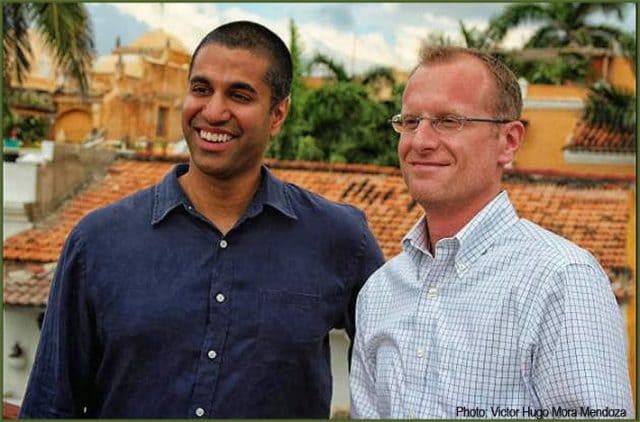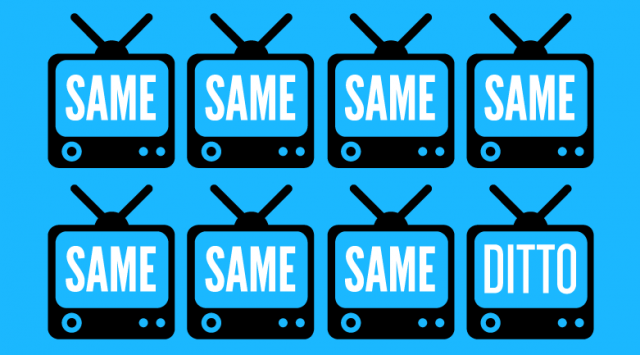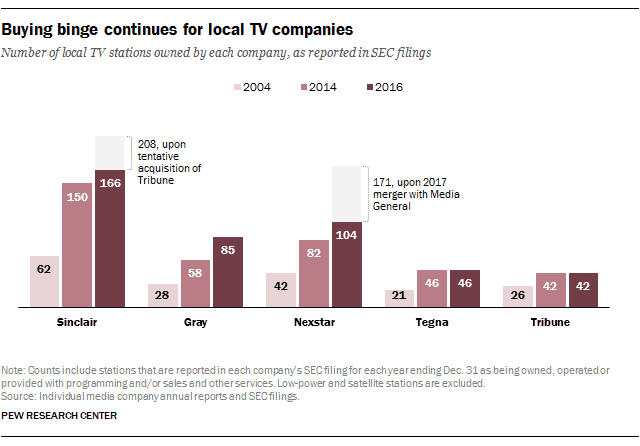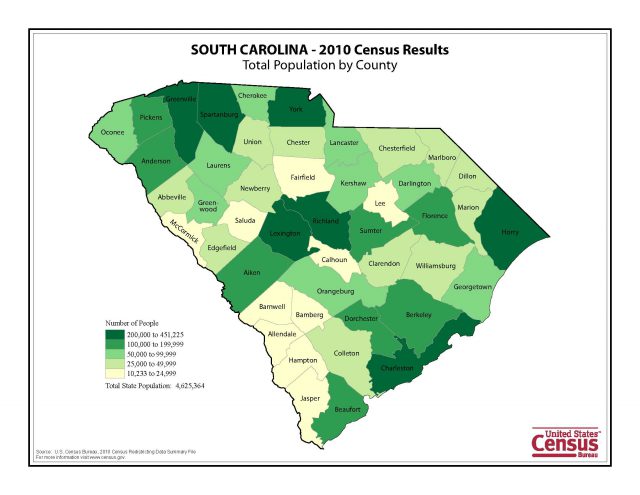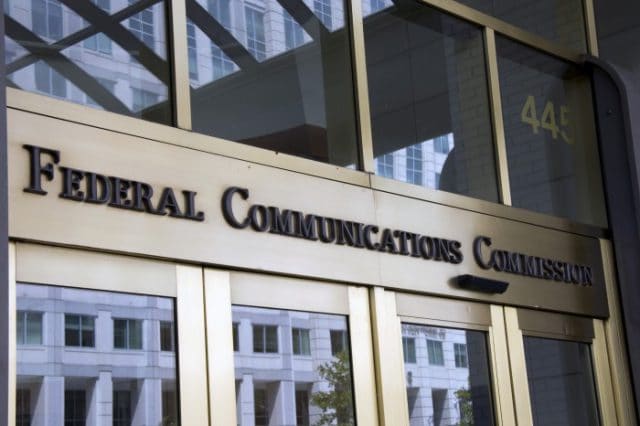 If you have not filed a reply comment with the Federal Communications Commission on the subject of Net Neutrality, you now have two extra weeks to send one.
If you have not filed a reply comment with the Federal Communications Commission on the subject of Net Neutrality, you now have two extra weeks to send one.
At the request of consumer groups and some members of Congress, the FCC extended the deadline for reply comments — those in response to existing filings — until Aug. 30, 2017. The two-week extension is far less than the eight weeks requested by many, and was granted despite objections for any extension from the cable, wireless, and telephone company lobbying organizations.
“While it is the policy of the Commission that ‘extensions shall not be routinely granted,’ we find that an extension of the reply comment deadline is appropriate in this case in order to allow interested parties to respond to the record,” the FCC wrote. “While we recognize that Movants have requested an eight-week extension of the reply comment deadline, we find, consistent with past Commission precedent granting partial extensions, that an additional two weeks is an appropriate period of time to extend the reply comment deadline in order to provide parties additional time to analyze the technical, legal, and policy arguments raised by initial commenters.”
Few in Washington expect the more than 11 million comments on the issue of keeping an open internet will make much difference to FCC Chairman Ajit Pai or his Republican colleague Michael O’Rielly, both fierce opponents of Net Neutrality. The third Republican Commissioner, Brendan Carr, was sworn in with returning Democrat Jessica Rosenworcel last Friday. Carr has a paper trail opposing Net Neutrality, while Rosenworcel is on record supporting it, along with her colleague Mignon Clyburn. In the end, the vote is likely to be 3-2 in favor of repealing Net Neutrality.
Unusually, the FCC has taken the step of characterizing the quality of comments received on the Net Neutrality issue, calling the vast majority of them exceptionally brief and containing little more than a declaration of the author’s “ultimate policy preferences.” It also suggested a large number of comments were “apparently fabricated,” noting that many were signed without the consent of the person named and others lack any names at all.
The telecom industry characterized the delay as giving more time for what Lawrence Spiwak, president of the telecom industry-friendly Phoenix Center calls “sophistic clicktivism” to “pad the record” in favor of Net Neutrality. Other groups funded by the telecom industry have spent months attempting to discredit the enormous number of comments — the most ever received by the FCC — by suggesting the majority were fake or fraudulent and not worthy of being taken seriously.


 Subscribe
Subscribe

